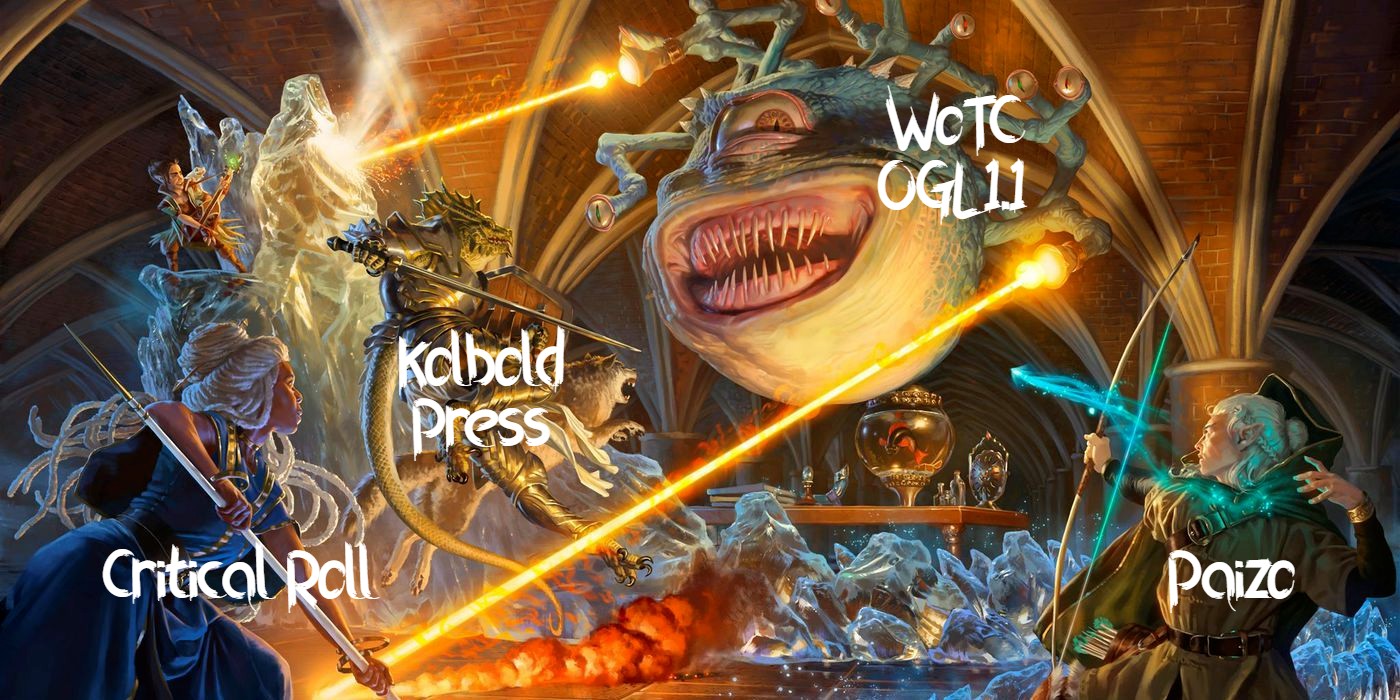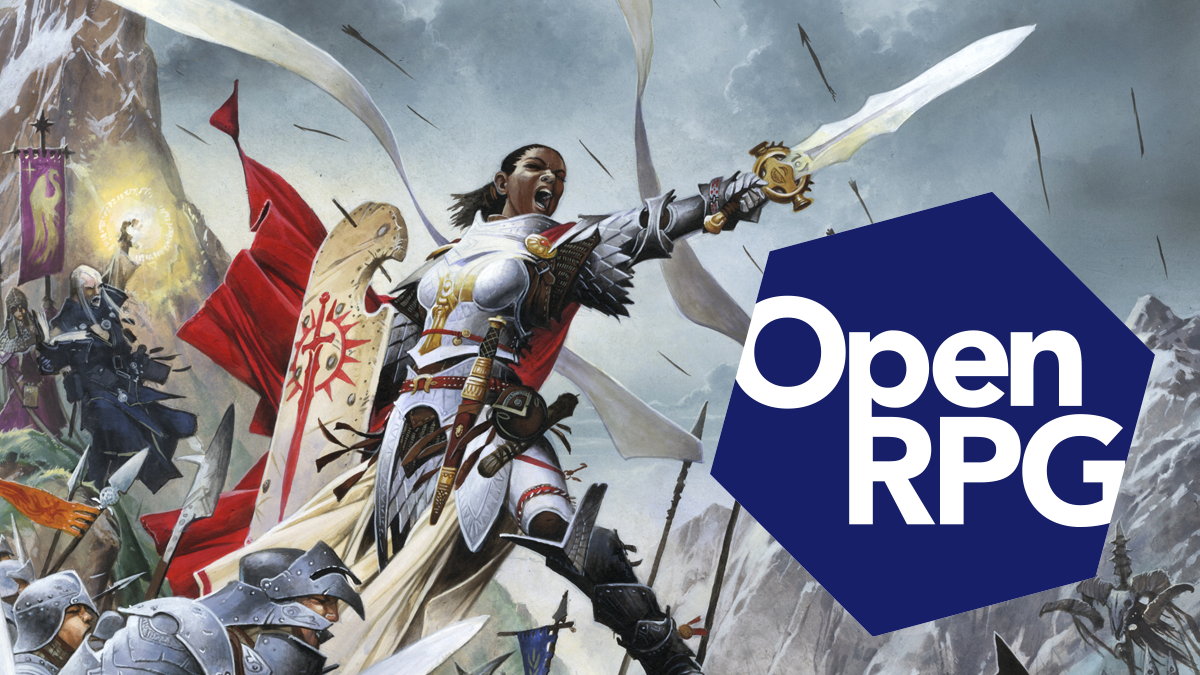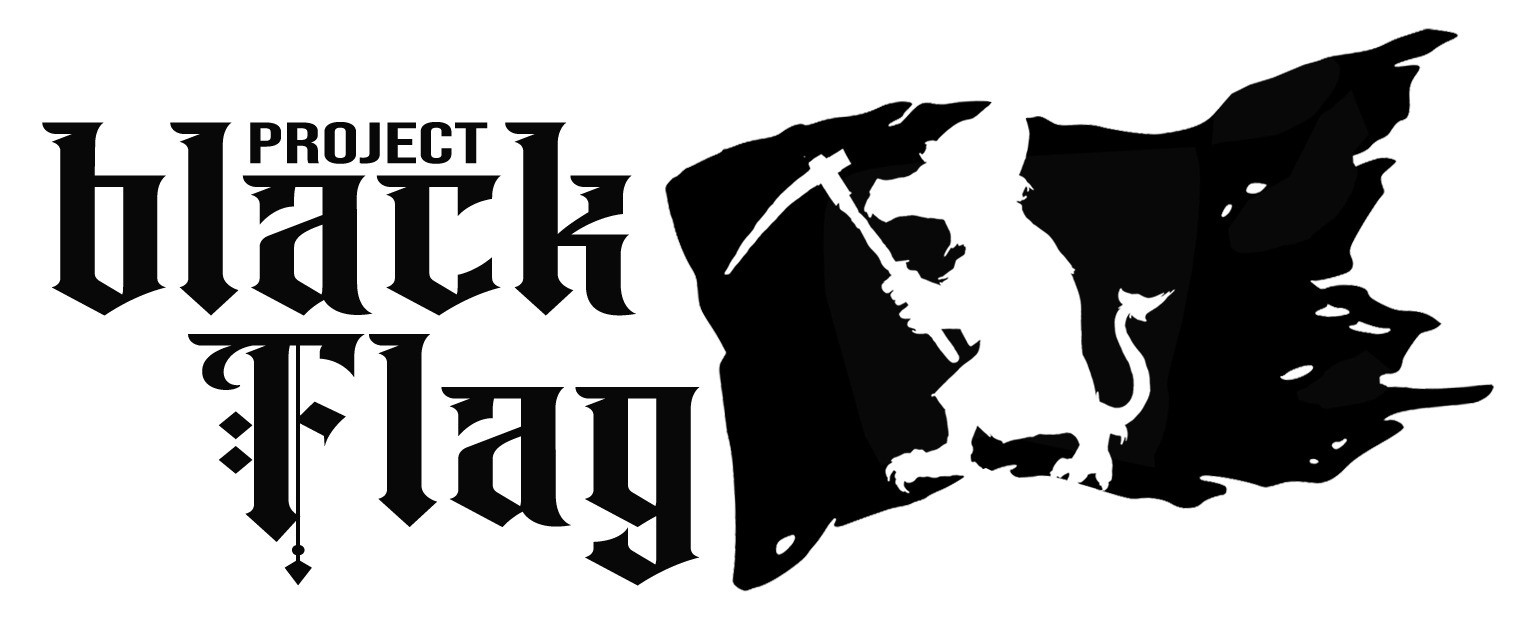Over the past few weeks Wizards of the Coast has single handedly upended the tabletop industry with a leak of their potential Open Gaming License agreement (OGL). The question now is how adversely will it affect smaller companies like Pazio and Kolbold Press? And will it be a huge detriment to even smaller creators who use crowdfunding to fund and distribute content.
What does the new Wizards of the Coast OGL consist of
The leak indicates that OGL 1.1 will make numerous changes, including royalty fees. In addition, a “Tiered Earnings System” and registration requirements will be imposed on creators. It also tries to control how and where you would crowdfund a project.
The “Tiered Earning system” is what has me the most worried about this whole “update”. Wizards of the Coast has broken earnings down into three “tiers” as per the report from io9:
- Initiate Tier. If you have registered at least one Licensed Work but haven’t generated $50,000 or more in total (gross) revenue from OGL: Commercial products in a given year, you are at the Initiate Tier.
- Intermediate Tier. If your Licensed Work(s) have generated more than $50,000 in total revenue in a given year but less than $750,000, you are at the Intermediate Tier.
- Expert Tier. If your Licensed Work(s) have generated at least $750,000 in total revenue in a given year, you are at the Expert Tier.
If you’re in their “Expert Tier” and make $750,000 or more, according to OGL 1.1, you will have to pay between 20-25% of all collected revenue. Now I know you are saying “Well I usually crowdsource my projects and what I made on the project may be over $750,000 but I didn’t actually “make” that much so this won’t affect me.” Well guess again! WotC’s OGL covers that too.
Wizards of the Coast’s new “Preferred Crowdfunding Platform”
OGL 1.1 states the following. “If Your Licensed Work is crowdfunded or sold via any platform other than Kickstarter, You will pay a 25% royalty on Qualifying Revenue…” The OGL also states “if Your Licensed Work is crowdfunded on Kickstarter, Our preferred crowdfunding platform, You will only pay a 20% royalty…”
Kickstarter’s Director of Games Jon Ritter, weighed in on the situation via twitter. “Kickstarter was contacted after WoTC decided to make OGL changes, so we felt the best move was to advocate for creators, which we did. Managed to get lower % plus more being discussed. No hidden benefits / no financial kickbacks for KS. This is their license, not ours, obviously.”
What does it all mean for your content
Let’s say you don’t meet the “Expert Tier” requirements, the OGL will still affect your work and potential bottom line. Wizards of the Coast has added a caveat to the OGL: “You own the new and original content You create. You agree to give Us a nonexclusive, perpetual, irrevocable, worldwide, sub-licensable, royalty-free license to use that content for any purpose.” In other words, once “You” register with WotC and agree to their license they have the right to use any content that you create at no cost to them.
Long story short, the new OGL is not creator friendly. WotC’s CEO Cynthia Williams recently made a statement about D&D as a product. “D&D has never been more popular, and we have really great fans and engagement,” saide Williams. However, she also stated “But the brand is really under monetized.”
With WotC’s OGL monetization update, what’s next for Dungeons and Dragons? I will leave you with this thought. With WotC now owning D&D Beyond, will they begin to include microtransactions? And in two years will WotC begin to try and monetize the other two tiers as well?




One thought on “Will the new Wizards of the Coast OGL 1.1 kill 3rd party content creators?”
Comments are closed.